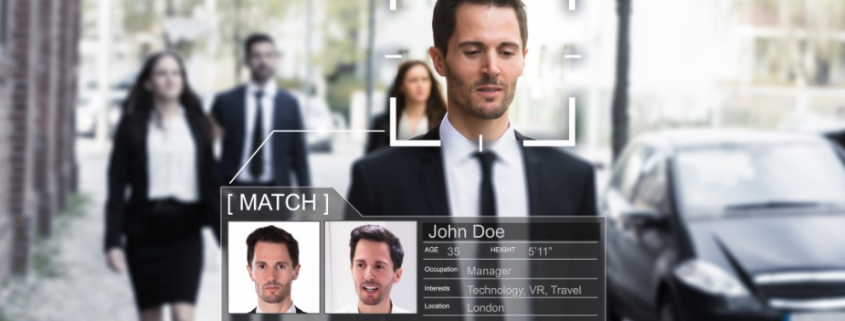Facebook and Facial Recognition? A Bad Combination!
If we have learned anything over the years, social media platforms, and particularly Facebook have undertaken many initiates that are less than ethical. With the latest news that most people will start to see facial recognition options in their Facebook platform today, privacy advocates are sounding alarms. And for good reason! What is missing is the information needed for an informed public on this topic. Most Facebook users will not realize the ramifications of letting Facebook use facial recognition.
Before looking at what this means now, we need to explore a bit of history. Let’s take a look back at some of Facebook’s less than stellar moments:
- Back in 2014 it became known that Facebook conducted research on approximately 700,000 users without their knowledge. The research was intended to learn how users would react – emotionally – to either all positive or all negative information on their feeds. As someone who both teaches and also conducts research, this is a fundamental ethical breach of research guidelines. When conducting research, there is an ethical requirement to obtain Informed Consent. As a part of this, participants know that they are involved in a research project, what the research is, how it will be used and they can withdraw at any time, etc. Facebook ignored this and proceeded without any Informed Consent. Thus, the impacts on people could have been detrimental to their mental health with no plan to mitigate.
- Increasingly since the 2016 US federal election, Facebook has come under fire for its lack of process, policies and actions that easily enabled foreign third parties to directly impact the election.
- And while Zuckerberg testified before the US Congress, which looked as comfortable for him as getting your teeth pulled without lidocaine, he nonetheless showed up. In Canada however, Facebook was a no-show to discuss privacy breach issues of Canadian citizens.
- In July 2019, Facebook was levied a $5 billion fine to settle a US Federal Trade Commission data privacy probe.
- And just last month, the US federal appeals court rejected Facebook’s effort to undo a 2015 class-action lawsuit claiming that it illegally collected and stored biometric data for millions of users without their consent in Illinois.
In looking at just these few examples, any reasonable person would question why Facebook would need and/or want to collect facial recognition data. And, make no mistake. They are “collecting” facial recognition data.
We have already seen how some governments are using facial recognition data to create states of surveillance. Think of China for one. The United Kingdom is another jurisdiction that has delved into facial recognition and, as we have seen, the results in many cases proved to be wrong in 98 percent of the time.
So, while there could be applications for national security, once there is proven technology, and of course, there are laws established to protect citizens, I have to question what possible need is there for Facebook to implement facial recognition in its platform. We have an established pattern for Facebook not adhering to laws and collecting information and using information in less than ethical ways.
Facial recognition, when in the wrong hands, can be used in a variety of harmful ways. The mere fact that an individual does not have control over his or her image is alarming. If in the wrong hands’, could images potentially be used in the creation of deep fake videos or other images? Such deep fakes could show a person committing a crime, stating information against a government – which in some countries could result in detention or worse – or even stating slanderous comments against a person, an employer, etc. All of which could have negative impacts as the person then has to prove that they were not the person captured in a video. Now many would argue that you don’t store biometric data with images such as drivers’ licences, etc. That is nice in theory, but as we have seen with Facebook, what should happen, doesn’t always happen. So yes, it could happen.
And perhaps more disturbingly is that Facebook has stored our digitized face since we started using it – without our permission. (This was part of the Illinois lawsuit.) The question is…to what end? Some argue that the market for facial recognition is poised to reach $9.6 by 2022. There is definitely money to be made for Facebook. And, with the technology that they are working on, it won’t be just your face. It will be your posture, the way you walk and possibly even how you dress that will make you identifiable.
As an individual, the implications are deeply concerning. As most of live in societies where privacy is a human right, Facebook – and others – will be using facial recognition to absolutely remove this human right. And sadly, most of us don’t even realize that this is happening. When we do, it will be too late.
If like me, you have already scaled back on using Facebook, the implementation of facial recognition has definitely been the tipping point to back away completely.
Now the question is, will this be a tipping point for you?









Leave a Reply
Want to join the discussion?Feel free to contribute!